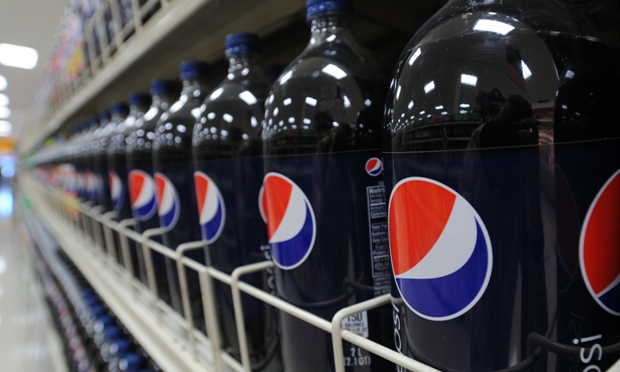Pepsi Uganda has laid off over 55 employees to cut costs while the economy and business community feel the strain of the February 18 elections with little prospect for a short-term recovery.
Pepsi which is controlled by holding company Crown Beverages said the new cuts effective April 01, 2016 are needed to make sure the company remains resilient through the current downturn and beyond.
“This regrettable development has been caused by the economic down turn in the soft drinks sector which has made it necessary for us to rationalize our costs to remain competitive,” CEO Simon Lugoloobi said through an email.
Immediately after news had filtered about the Head of Sales and Marketing, Mr. Innocent Tibayeita asking to leave the company for a new challenge, top management acted fast and summoned upcountry based marketeer Charles Byonanebye to Kampala to fill the void immediately. Byananebye has been the Regional Sales Manager, Western Uganda and his immediate task will be to popularise the new “drink and peel” promotion announced last month.
As part of the changes, the previously combined Sales and Marketing department has been split into two functions; Sales on the one hand and Marketing on the other.
“We are confident that the new structure will improve financial performance while continuing to offer the much needed employment and contributing to national development by paying taxes to the Government,” Lugoloobi recognising that it is never easy to be out of employment said.
“Once again, I take this opportunity to thank all our former staff for their efforts that have made Crown Beverages Limited one of Uganda’s leading soft drinks manufacturer. We remain committed to satisfying our customers’ needs through innovation and by being a responsible citizen,” he added.
Pepsi Uganda’s staff cuts add to the pain being experienced throughout the economy, which, according to the Uganda Manufacturers Association is high since the downturn began. Analysts have said they expect numerous companies to announce further reductions in budgets and staff numbers as the downturn persists.
Two years ago, CBL took-over Uganda’s soda market and then commanding 53 percent of the market but analysts are skeptical 2016 is making any economic sense after the ‘big’ sales of a number of smaller producers in operation as well. Three new competitors; Riham, Fizzy and Azam (a brand owned by Tanzanian privately-owned firm Bakhresa Group which began producing carbonated drinks in 2011), led to increased competition with Pepsi Uganda and Coca-Cola who had enjoyed a duopoly in the sector since 1996 after the collapse of Creeps. Competition led to price wars in the sector as companies competed for a share of the market.
Uganda’s per capita soda consumption is at 23 bottles, Kenya’s about 40 bottles and Tanzania 35 bottles.







